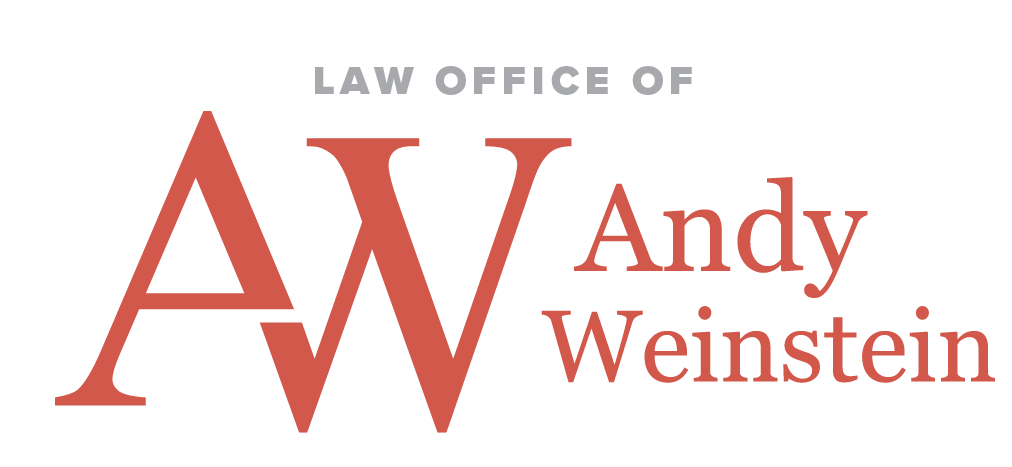Being charged with a crime and having to face New York’s criminal justice system can be terrifying. Legal terms can be confusing, particularly if you are told your case is going before the grand jury. You may wonder if this is the same as your trial. This post will provide you with a basic overview of a grand jury hearing.
What is a grand jury hearing?
The grand jury hearing is not your trial, although it has some similarities to a trial. In a grand jury hearing, there will be no judge present. The grand jury’s duty is to determine whether there is enough evidence against you to hold a trial. Witnesses will testify, and the grand jury will hold a vote. If 12 or more grand jurors believe there is enough evidence to try you, you will be indicted. If there is not enough evidence to try you, the charges against you will be dropped and you can go free.
Witnesses at a grand jury hearing
Witnesses can testify at a grand jury trial. Witnesses have immunity, meaning they will not be prosecuted for anything they say at a grand jury hearing. However, a witness can waive their right to immunity by signing an immunity waiver. If so, then the witness can be prosecuted for what they say at the grand jury hearing.
What happens after a grand jury hearing?
If you are indicted at the grand jury hearing, you will be arraigned a second time. You will be informed about the charges against you, and you will plead either “guilty” or “not guilty.” If you plea “not guilty” you will receive a court date and the pre-trial process will begin with discovery, motions and hearings.
Learn more about the criminal trial process
It is understandable that facing criminal charges can be intimidating. It is important to seek the help you need to understand your rights. This post is for educational purposes only and does not contain legal advice. Our firm’s webpage on criminal defense may be a useful resource for those who want more information on this topic.

